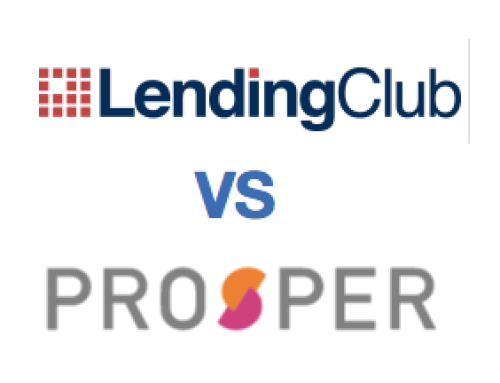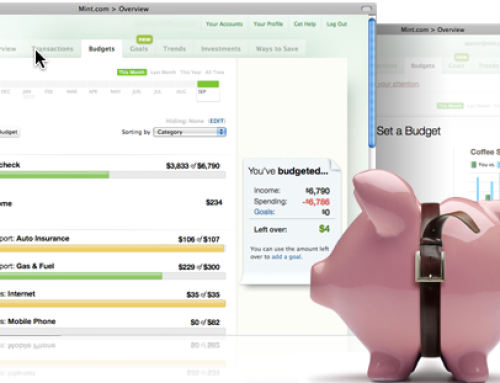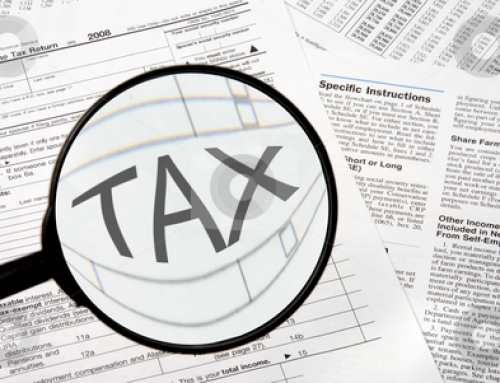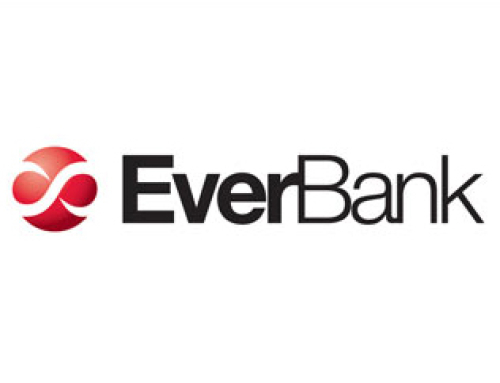One of the most important decisions you make as a small business owner is how you handle your banking. As you set up the bank account for your small business, here are 5 small business banking tips that can help you improve your banking situation:
Open a Bank Account in Your Business Name
The first thing to do is to open a bank account with the name of your business. Your business needs its own account, and it needs to be separate from your personal account. Your business account establishes your business income and expenses, and provides a paper trail that can help you at tax time. A separate account makes it easier to keep track of business deductions, as well as provide documentation for tax purposes.
Figure Out What Features are Most Important to You
Decide what features are most important to you in a bank, whether it’s nationwide accessibility, or higher yields on business savings accounts. Weigh various features of different business accounts, from how easy it is to deposit checks, to the fees charged. Comparison shop, and choose a bank that works best for you.
Open a Business Savings Account
You will need to pay quarterly taxes, including the employer portion of FICA taxes. If you don’t want to be caught paying more than you can handle at the end of the year, make it a point to set aside the proper portion of taxes every month. Keep the money in your business savings account, and when it’s time to pay taxes, it won’t be such a strain on your budget. A business savings account is also helpful in terms of helping you build a reserve for your business to draw on, just in case.
Get a Credit Card in Your Business Name
As soon as you can, get a credit card in your business name. You may have to register with the business credit bureaus in order to get a specific number for your business. Your business credit card can help ease the cash flow situation, as well as help you build credit as a business. Establishing credit as a business entity is an important step in building a successful business.
Get to Know the Bankers in Your Community
Build a rapport with the bankers in your community. Join a community organization, or a business organization, like the Chamber of Commerce. Develop a relationship with local bankers, and you will have a better of idea of what to expect if you decide to ask for a loan. Additionally, you will be more likely to get favorable terms if you know the banker – especially if you get to know community lenders who might have a little more leeway in their small business lending decisions.
Bottom Line
For the most part, business banking is a lot like personal banking. You need to make sure that you have an account that works for you, and you need to track your spending and avoid overdrawing your account. Make prudent banking decisions, and especially remember to keep your business and personal banking separate.













Follow Us